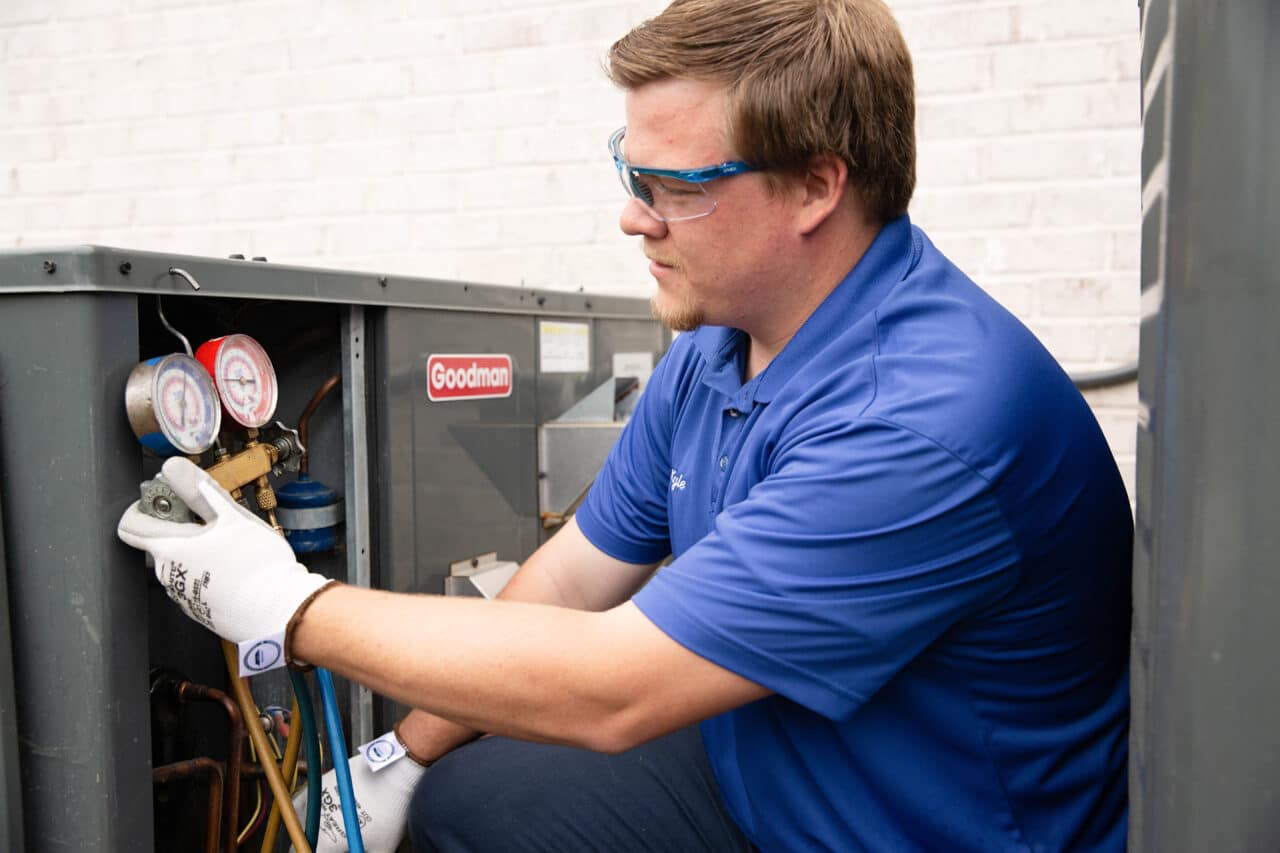When it comes to air conditioning and heating systems, you may have come across the acronym “HVAC.” HVAC is a term that is commonly used in the industry, but what does it actually stand for? Understanding the meaning of HVAC is essential for homeowners, business owners, and anyone interested in the field of heating, ventilation, and air conditioning.

Credit: www.leecompany.com
What Does HVAC Stand For?
HVAC stands for Heating, Ventilation, and Air Conditioning. This acronym encompasses a wide range of systems and technologies that are used to control the indoor environment, including temperature, humidity, and air quality, to ensure comfort and safety for occupants. Let’s break down each component of HVAC to gain a better understanding of its significance.
Heating
Heating is a fundamental aspect of HVAC systems, especially in regions with cold winters. Heating systems are designed to raise the indoor temperature to a comfortable level. Common heating systems include furnaces, heat pumps, boilers, and electric heaters. These systems work to maintain a warm and cozy indoor environment when the temperatures drop outside.
Ventilation
Ventilation plays a crucial role in maintaining good indoor air quality. Proper ventilation ensures the circulation of fresh air while removing pollutants, odors, and excess moisture from the indoor space. Ventilation systems can include exhaust fans, air ducts, and air exchange systems that help regulate air flow within a building. Effective ventilation is essential for providing a healthy and comfortable indoor environment.
Air Conditioning
Air conditioning is perhaps the most familiar aspect of HVAC systems, especially during the sweltering summer months. Air conditioning systems are designed to cool indoor spaces by removing heat and controlling humidity. There are various types of air conditioning systems, including central air conditioning, ductless mini-split systems, window units, and portable air conditioners, each with its own advantages and applications.
The Importance of HVAC Systems
So, why is understanding HVAC important? HVAC systems are essential for maintaining comfortable and healthy indoor environments in residential, commercial, and industrial settings. Whether it’s staying warm during the winter, keeping cool in the summer, or ensuring good indoor air quality throughout the year, HVAC systems are vital for our well-being and productivity.
Energy Efficiency
Energy efficiency is a significant consideration in HVAC systems. Modern HVAC technologies focus on providing efficient heating and cooling while minimizing energy consumption. High-efficiency HVAC systems can lead to lower utility bills and reduced environmental impact, making them not only cost-effective but also environmentally friendly.
Indoor Air Quality
Poor indoor air quality can have detrimental effects on health and comfort. HVAC systems play a crucial role in improving indoor air quality by filtering out airborne pollutants, controlling humidity levels, and ensuring adequate ventilation. With clean and healthy indoor air, occupants can enjoy a better quality of life and reduce the risk of respiratory problems and allergies.
Comfort And Productivity
Whether at home, in the office, or in commercial spaces, a properly functioning HVAC system contributes to overall comfort and productivity. Maintaining comfortable temperatures and humidity levels can enhance focus, mood, and well-being, leading to increased productivity and satisfaction among occupants.
Conclusion
In conclusion, HVAC stands for Heating, Ventilation, and Air Conditioning, representing the essential components of systems used to control indoor environments. Understanding the significance of HVAC systems is crucial for ensuring comfort, efficiency, and health in residential and commercial spaces. By considering the heating, ventilation, and air conditioning aspects of HVAC, we can appreciate the comprehensive role these systems play in our daily lives.

